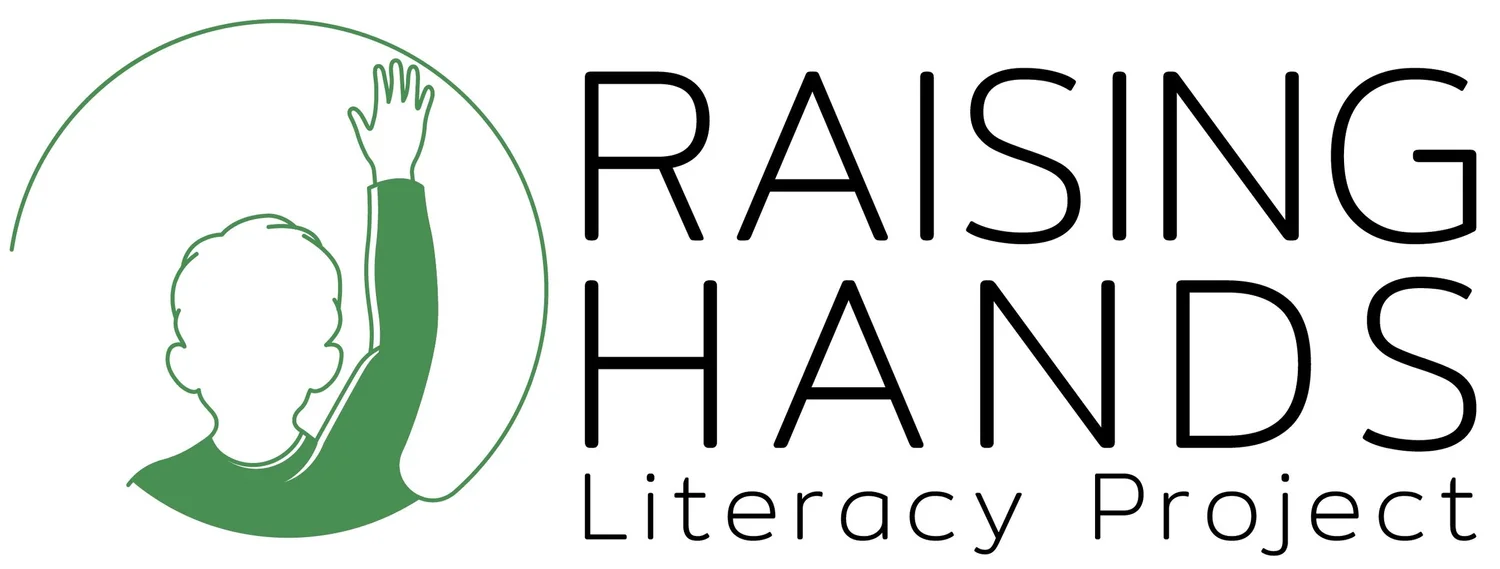What New Jersey Law Really Says About Dyslexia
If you are raising a struggling reader in New Jersey, you have probably heard the word “dyslexia” from friends, social media, or even a doctor.
But in New Jersey, what does that word actually mean?
1. New Jersey does officially define dyslexia
New Jersey’s special education code includes a formal definition of dyslexia as a specific learning disability that affects accurate and fluent word recognition, spelling, and decoding, usually because of a phonological processing difficulty.
So no, dyslexia is not “made up,” and yes, it is explicitly recognized in state regulation. However,
2. Dyslexia is not its own special education category in NJ
This is the piece that confuses most families:
In New Jersey, there is no separate eligibility category called “dyslexia.”
Students who have dyslexia are usually classified under the broader category of Specific Learning Disability (SLD). The eligibility label on an IEP will typically say SLD in reading, not “dyslexia,” even if everyone agrees the profile matches dyslexia.
3. NJ law does require schools to screen for dyslexia
New Jersey law requires districts to:
Use research based screening tools to identify students with potential indicators of dyslexia or other reading disabilities
Screen students by the first semester of second grade, and
Screen newly enrolled students in grades K through 6 if they have not been screened before
A newer law also requires universal literacy screening at least twice a year for all K through 3 students, and directs the state to provide guidance on screening tools and interventions.
In simple terms:
Schools must screen young students for reading risk, including dyslexia indicators
Schools must notify parents about screening results and available supports
4. A dyslexia diagnosis does not automatically guarantee services
Here is the hard truth and something to consider before you seek a private evaluation:
A medical or private diagnosis of dyslexia does not automatically qualify a child for special education in New Jersey.
Under New Jersey regulations, the child study team decides whether a student meets criteria for Specific Learning Disability based on data. The team looks at achievement, classroom performance, and how the difficulty affects access to the curriculum.
That means:
A private report can be important evidence, but
The school team still decides whether the student is eligible for SLD, and
The team also decides what services and accommodations go into the IEP or 504 plan
There is no law in New Jersey that says:
“If a doctor says dyslexia, the school must provide Orton-Gillingham a certain number of times per week,” or
“The school must follow every recommendation in a private report”
Schools must provide a Free Appropriate Public Education using appropriate, evidence based instruction, but they are not legally required to use a specific branded program.
5. What NJ law expects schools to do for students with dyslexia
New Jersey law expects districts to:
Screen young students for reading and dyslexia risk
Provide appropriate interventions and supports when students are at risk
Evaluate students who show significant indicators of dyslexia or other reading disabilities
Determine eligibility for Specific Learning Disability using state criteria
Provide special education services and or accommodations when a student qualifies
This can include small group instruction, extra time, oral administration of tests, and other supports that help the student access grade level content.
What the law does not do is guarantee a particular method, curriculum, or number of minutes based only on the word “dyslexia.”
6. So where does that leave families in New Jersey?
In practical terms:
You do not need the word “dyslexia” on a report for your child to receive support. The legal category is usually SLD in reading.
A private dyslexia evaluation can be helpful for understanding your child and supporting requests for accommodations, but it is not a golden ticket that forces a specific program.
The most important questions to keep asking your school are:
How are you teaching my child to read?
Is the instruction structured, explicit, and research based?
How often will you monitor progress, and how will we see the data?
At Raising Hands Literacy Project, we focus on what the research is clear about: students with dyslexia and other reading disabilities need structured literacy instruction, consistent practice, and appropriate accommodations, no matter what exact label appears on the paperwork. We are an organization of certified dyslexia intervionists that provide dyslexia screenings. To learn more about our services, please reach out through our website.
